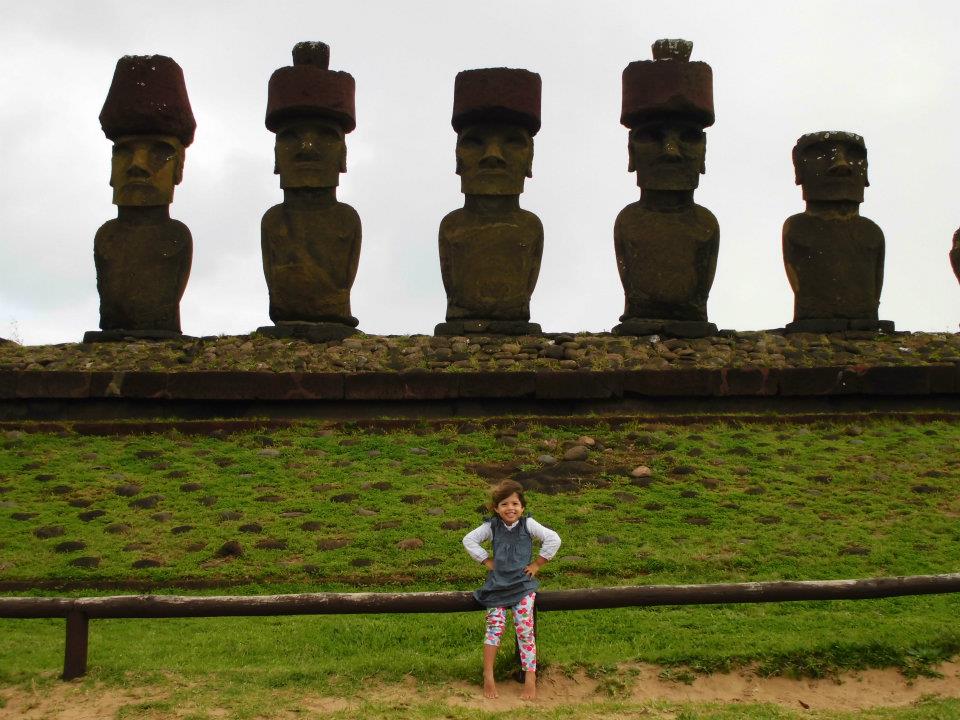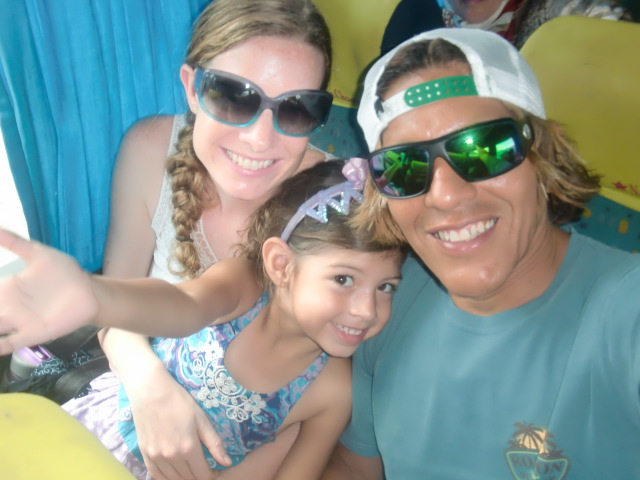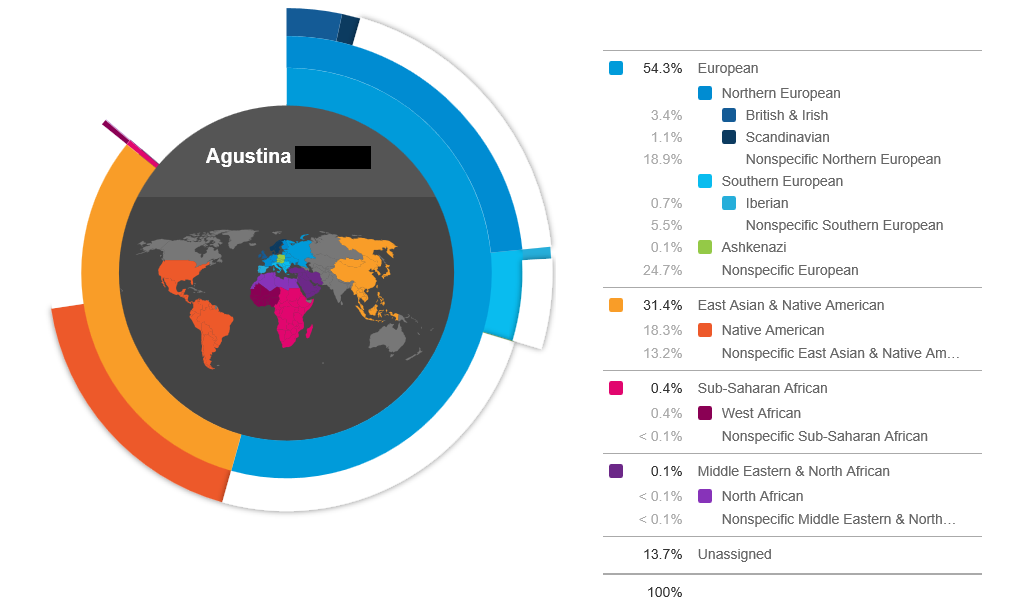
Where are you from?
I think this is the most asked question for a traveler. Most people ask because they are curious or want to know if there is some connection. Locals ask because they want to know an angle to sell something. Other travelers ask to find out information about a new location to visit. The answer might be straight-forward for most people, but not for us.
It’s obvious I’m of European descent. In fact, most people don’t guess that I’m American at first sight. One guy ran across the street in San Francisco to ask if I’m Danish. “No, sorry. I’m American.” He missed his homeland and thought he had found a fellow countrymen. (I need to visit Denmark!) More often people assume I’m German or English. When I speak it finally gives me away. But I throw a wrench in their thinking when I start off speaking Spanish and tell them I’m Venezuelan. “What? You don’t look Latina!” Correct. But being born out of the United States has always made me different and sometimes I use that to my advantage.
For example, I have chosen to hide the fact that I’m American for safety reasons. When we were in Morocco last year, 21 American embassies in Northern Africa and the Middle East were closed for fear of a terrorist attack. I only revealed my US passport at immigrations and otherwise said I was Venezuelan. We didn’t feel particular hostility towards Americans, but we just weren’t sure. The reality is that Americans are not well-loved around the world these days, so in some cases it has felt wise to conceal my identity.
Nobody ever figures Edgar out. When we were in Bali, people asked if he was from Sumatra. When we were on a bus in Costa Rica, a local asked him what tribe he was from. When we were in Morocco, everyone assumed he was Berber. When we walk together, people ask if he’s from Hawaii (perhaps deducing that this is one place where white and indigenous groups mix). It’s only the travelers who have been to Peru or Bolivia who correctly identify him as Peruvian because of the signature Inca features (high cheeks, strong jaw).
Now Tina is another enigma. If she’s just with me, she looks like an adopted child. If we’re together as a family, it’s more obvious that she’s a mix of mom and dad. Last year my brother offered to have our genetic testing done so we could learn more about the family’s ancestry. Tina’s genetic roots were intriguing. There were expected results – Northern European from me, Spanish and Peruvian from Edgar – but African and Asian? Turns out the African roots probably come from the Moors who moved into Spain several generations ago and/or were brought over to Peru as cooks and wives of the conquistadors. The Asian connection is less obvious although there is a large Chinese population in Peru. There is some DNA evidence that the RapaNui (of Easter Island) have a distinct but small contribution from South America. The connection between Polynesians and Peruvians has also been suggested through voyages of the Kontiki. Perhaps Edgar’s family has descendants from some Polynesian island, which would explain his love of the ocean.
When you mix all of these factors together it becomes difficult for our family to answer the question “Where are you from?” Depends. Does that mean: “Where were you born?” –or- “What is your passport country?” –or- “Where do you call home?” –or- “What is your heritage?” It’s very complicated for us to answer these questions! We are from everywhere – genetically, physically, socially, mentally. We are citizens of the world.
How do you answer this question?

